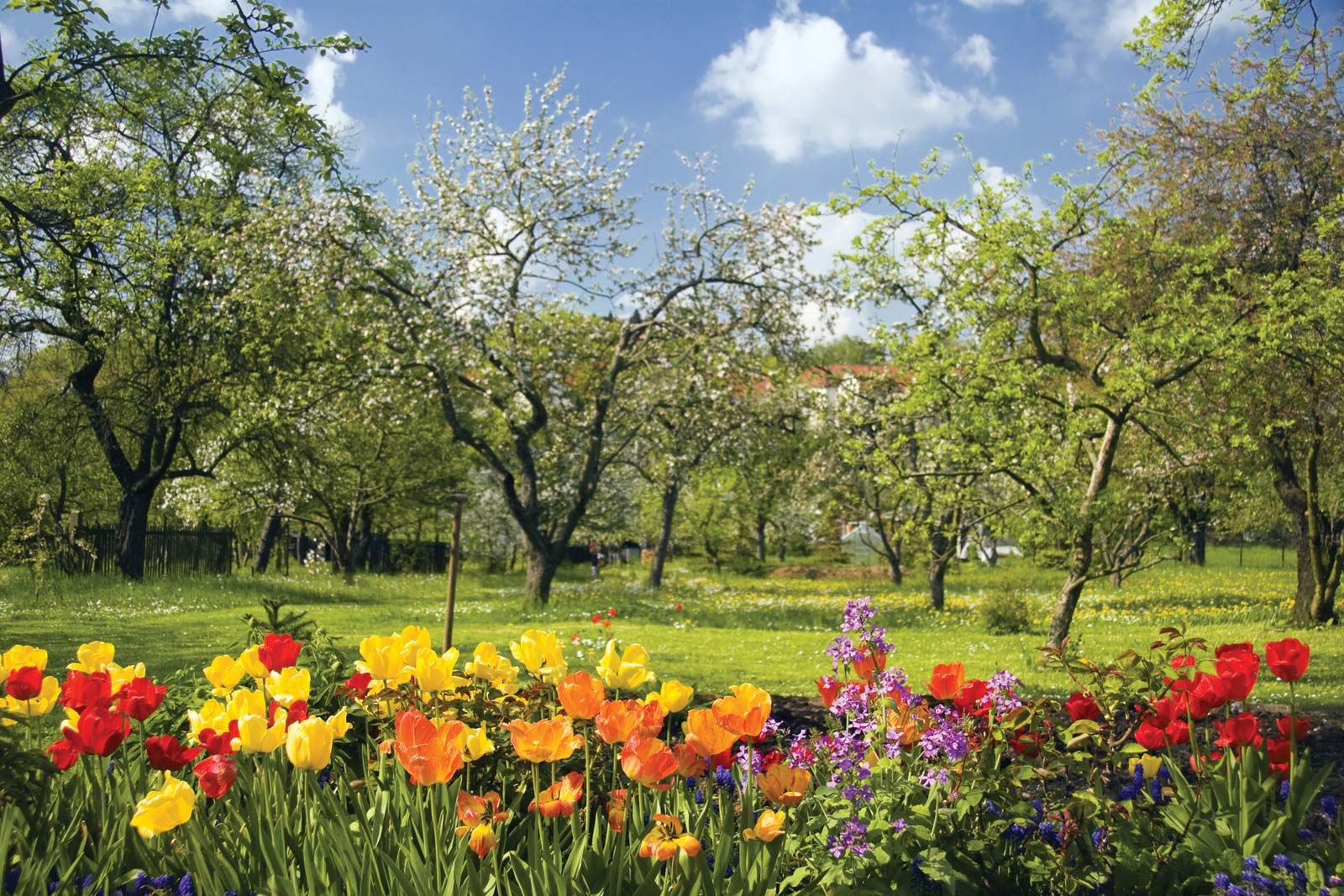As the arrival of spring heralds a season of rejuvenation and renewal, Bahá’í teachings offer profound insights into the concept of “spring cleaning” for the soul. This annual rite of purification transcends the mere physical act of decluttering one’s living space. Instead, it stands as an invitation to delve deeper into our spiritual lives, prompting a reflection on what truly holds value in our hearts and minds.
Have you ever pondered what it might feel like to unburden your spirit from emotional and psychological clutter? As we engage with this question, we confront a potential challenge: the very notion of letting go. It can be both daunting and exhilarating. The Bahá’í faith invites its followers to embark on a spiritual journey that encompasses the act of releasing, thereby paving the way for growth and enlightenment.
At the core of Bahá’í teachings lies the understanding that the soul is an intricate and divine entity. Much like a garden needs tending to survive and flourish, the soul requires attention and care. During this seasonal transition, the emphasis is placed on introspection and self-assessment. Bahá’u’lláh, the founder of the Bahá’í Faith, elucidates that “the purpose of life is to acquire virtues.” This acquisition often necessitates a conscious decision to relinquish detrimental habits and thoughts that cloud one’s spiritual being.
To engage in this spiritual spring cleaning, one must first recognize the elements that detract from a serene and harmonious existence. Negative emotions such as anger, resentment, and jealousy can weigh heavily on the spirit, creating barriers to personal development. Identifying these emotions is the precursor to transformation. The first step, then, is a rigorous self-examination of one’s feelings and thoughts, seeking to understand their origins and influence.
Once recognized, the challenge becomes one of bravery and resilience. Letting go does not imply forgetting; rather, it involves a conscious decision not to allow these emotions to dictate our actions or our relationships with others. This can be an arduous process, as it compels individuals to confront the uncomfortable realities of their inner lives. Herein lies the strength of the Bahá’í perspective: every soul has the capacity for renewal. The concept of progress is intrinsic to Bahá’í doctrine, emphasizing that the journey of spiritual growth is continuous and evolving.
Embracing forgiveness is a key component of this spiritual decluttering process. Forgiving oneself and others can be illustrated as the unclenching of a fist that has tightly grasped onto past grievances. In the Bahá’í tradition, forgiveness is seen as a liberating act, fostering peace within oneself and promoting goodwill towards others. By making a deliberate effort to forgive, individuals not only liberate others but also free themselves from the chains of negativity.
Moreover, the Bahá’í teachings advocate for the practice of gratitude as a counterbalance to the act of letting go. Cultivating an attitude of appreciation enables the individual to focus on the positive aspects of life, thereby diminishing the prominence of negativity. This practice can be as simple as acknowledging a single blessing each day—be it the warmth of the sun, a supportive friend, or the joy of personal achievements. Gradually, this mindset can transform one’s perspective, facilitating a smoother transition in letting go of the burdens that once felt insurmountable.
Community plays a pivotal role in the Bahá’í teachings surrounding spiritual growth. Engaging with fellow believers through collective acts of service and worship not only strengthens bonds but also offers support in the arduous task of self-improvement. In many ways, participating in the community acts as a mirror, reflecting both strengths and areas in need of refinement. Sharing experiences and insights creates an environment conducive to collective healing, allowing individuals to learn from one another’s journeys.
The Bahá’í Faith also emphasizes the importance of prayer and meditation as tools for aligning the soul with divine will. During this period of spiritual spring cleaning, dedicating time for contemplation can yield profound insights. Such practices facilitate a connection to the divine that aids in the process of letting go. By inviting spiritual energy into the heart and mind, individuals may find the courage to release fears and anxieties that no longer serve them, allowing for personal and collective growth.
As the seasonal cycle renews, so too can our souls. The effort required to simplify and cleanse ourselves spiritually, while daunting, is imbued with the promise of liberation and joy. The Bahá’í teachings encourage a deep commitment to the refining process, urging individuals to become the architects of their own spiritual destinies. What relationships, habits, and emotions will you choose to let go of this spring? Embrace the challenge, for it is through this ritual of spiritual spring cleaning that the essence of one’s true self emerges, resplendent and rejuvenated.
